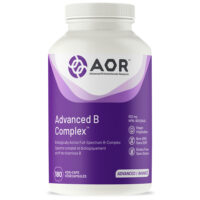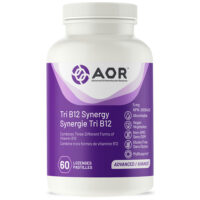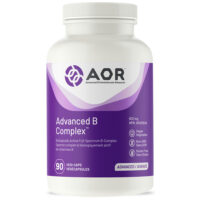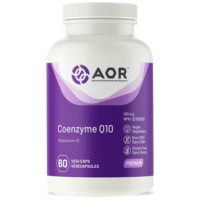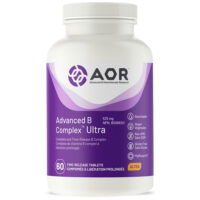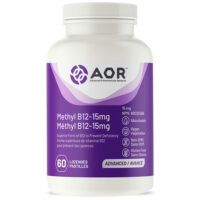For a parent, a food allergy can be a scary thing. However, if you take the proper precautions, you can help keep your child safe and healthy. The most important part of doing this is to have an allergy plan. This way, no matter what situation arises, your child will be well treated and cared for.
The most important thing in your food allergy plan is avoidance. The best way to treat a food allergy is to never have a reaction in the first place. Make sure safe food is provided, but also stress to your child how important it is for them to stay away from certain foods.
Part of proper avoidance is also learning how to read labels. Many food companies try to “hide” certain ingredients in their food. It’s important to learn all the possible names a food might go by (and related foods your child may be allergic to as well) so you know how to find and avoid them.
While you may do your best, the occasional allergic reaction is often unavoidable, but if you’re prepared, it is treatable. The first step is to have an emergency medicine kit specifically for your child on hand. Depending on the severity, this will often include an epinephrine pen and some kind of antihistamine, and instructions on how to use them. Your doctor will be able to give you the best course of action.
One of the most important parts of your food allergy plan is making sure other people in your child’s life are informed about it. While you may want to be around to protect your kids 24/7, that’s probably not a feasible option. That means you need to keep your children’s teachers, babysitter, day care providers, school nurses, friends’ parents, and anyone else that may be entrusted with their care informed in case something should happen.
Caregivers need to not only know that your child is allergic to a certain food, but also what to do if a reaction should occur. If your child has a severe reaction, just telling someone to call you if there is a problem is not a feasible option and delays precious time they have to treat your child.
In addition to letting people responsible for your child know about their condition, it is also important to get your child a medical alert bracelet that contains vital information about their allergy. This way, if someone isn’t around who knows what’s going on, your child will still receive the medical care they need.
Your allergy plan is not going to put itself together – it will take you quite a bit of time and effort to get supplies together and keep everyone informed. With some effort, your child will be well protected wherever they go.


